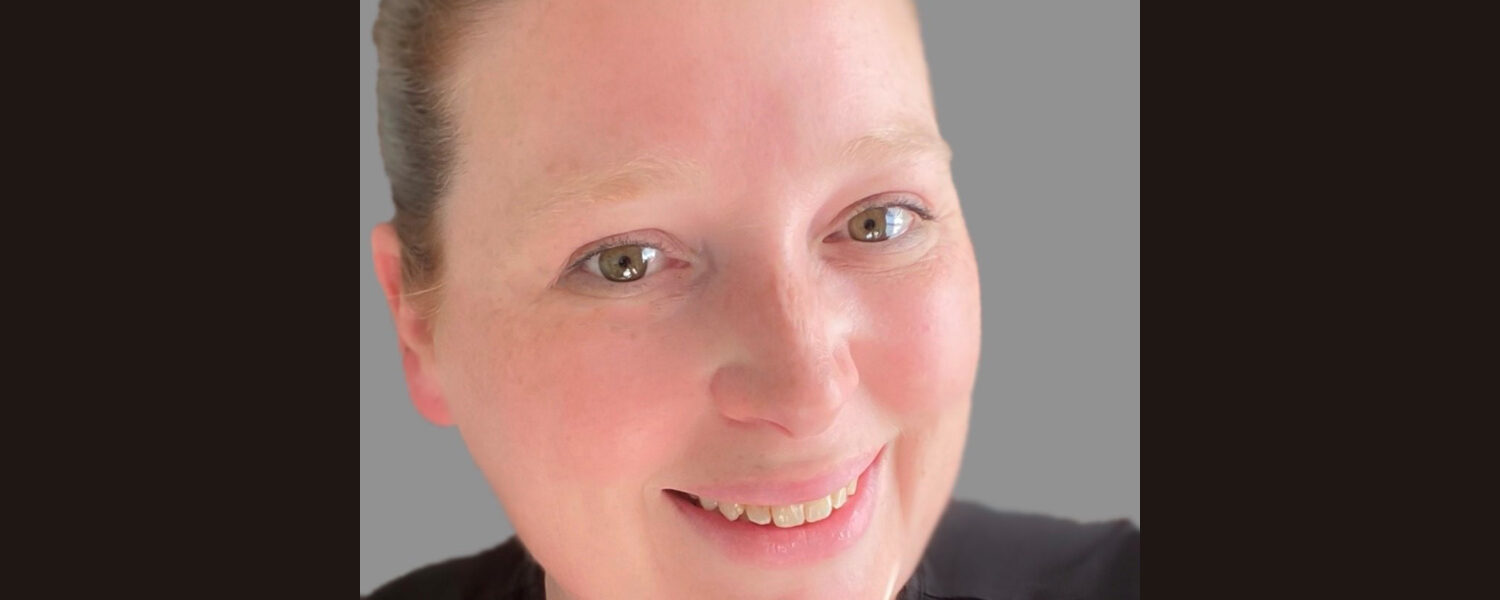By Melissa Russell
Maybe you’ve heard of the N.C. State Child Welfare Family Advisory Council. Maybe you haven’t. Hopefully, by the time you’ve finished reading this article, you will understand who and what we are and be as excited as we are about our work.
Established in 2018, the N.C. State Child Welfare Family Advisory Council (CWFAC) is a partnership between families who have lived experience with the North Carolina Department of Health and Human Services (NCDHHS). Comprised of birth parents who have received child protective services, young adult alumni of the child welfare system, foster parents, adoptive parents, and kinship caregivers, CWFAC uses lived experiences within the child welfare system to provide input on what services NCDHHS offers and how these services should be provided. This partnership highlights the importance of families having a voice within a system that directly impacts them.
A key facet of CWFAC and the work we do is that we are advisory in nature. We are here to use our experiences within the system to offer feedback on how procedures can be improved, rather than to share our personal opinions. At first, I didn’t see much of a difference. As I attended meetings and started to absorb what was being said, I began to understand.
I came in with my view as a foster parent, assuming everyone else would think the same way I did. Quickly, I was proven wrong in the best possible way. I listened to my fellow council members and tried to hear what they were saying. They had their own experiences and unique perspectives that shaped the way they would approach a topic. And when it was my turn to speak, they were just as receptive to me and my experiences.
The best part about this council is the cohesiveness and support that the members give one another. We offer a safe space for ideas to be shared. Everyone is mindful of sensitive information and aims to share information in a thoughtful and considerate way. We also are responsible for managing our own emotional well-being and accepting that it’s okay to step away if a topic becomes too much for us to handle.
At CWFAC, we hold meetings twice a month. Our Wednesday meetings are called “Lunch and Learns,” and that is exactly what we do. The meeting lasts an hour and is educational in nature. We have guests from NCDHHS or other agencies who join and give us information on programs being offered. Sometimes our own council members can share their work within county, state, and federal levels. Our Thursday meetings are half-day meetings and packed with information and opportunities to impact procedures and services. We’ve had state and other agency representatives bring ideas to the group to get our advice on improvements. This could include flyers, improving verbiage on documents and brochures, and advice on upcoming services and changes within the system.
We are also afforded other opportunities for being a part of CWFAC. For example, members are invited to join design teams for the state. Design teams are made up of NCDHHS staff, county social workers, and others who come together to help improve different aspects of our state’s child welfare system. I’ve had the chance to create a training video used for resource parents and social workers on shared parenting and write for this publication.
We also present at national and international conferences. This October we have two presentations for the Kempe Conference, an international child welfare event. These presentations highlight our partnership with the state and how North Carolina is placing value on lived experiences and using them to shape the system. Leading up to our presentations, we collaborate to develop the content and layout. We aim to give each member an opportunity to excel and show how their lived experiences have led them to become a voice for change.
Leadership development is another bonus of being a member of CWFAC. Council leaders, employed by N.C. State, work with each of us to help us determine where our skill sets lie and use those to our highest potential. Every member has an impact in different ways, whether it be presenting, technical support, or even moral support.
With the leadership skills we have been given, members can pass that knowledge to others in the community. For example, do you remember the first time you entered the child welfare world? The language, acronyms, and rules can be overwhelming. Members can use the knowledge they’ve gained and help navigate others that are new to this system. Having someone who’s been there before by your side as you try to wrap your head around the thousands of thoughts entering your head might just help create a success story. Through peer support and community cafes, members can also take the knowledge they’ve gained back to the meetings and further use it for change.
I just began my third year with CWFAC, and I can’t praise the work or the people enough. Each member and agency personnel truly care for one another and is always there with a kind and supportive word. There is a safe space for disagreement without fear in the most civil way. The commitment from the state to use our voices and experiences to progress child welfare within North Carolina helps build stronger families, which in turn builds a stronger community. We all come from different backgrounds with different life experiences, but share the common passion for children, families, and our community.
Melissa Russell was a foster parent for seven years and now serves on the NC State Child Welfare Family Advisory Council. She is the parent of two children adopted from foster care.


